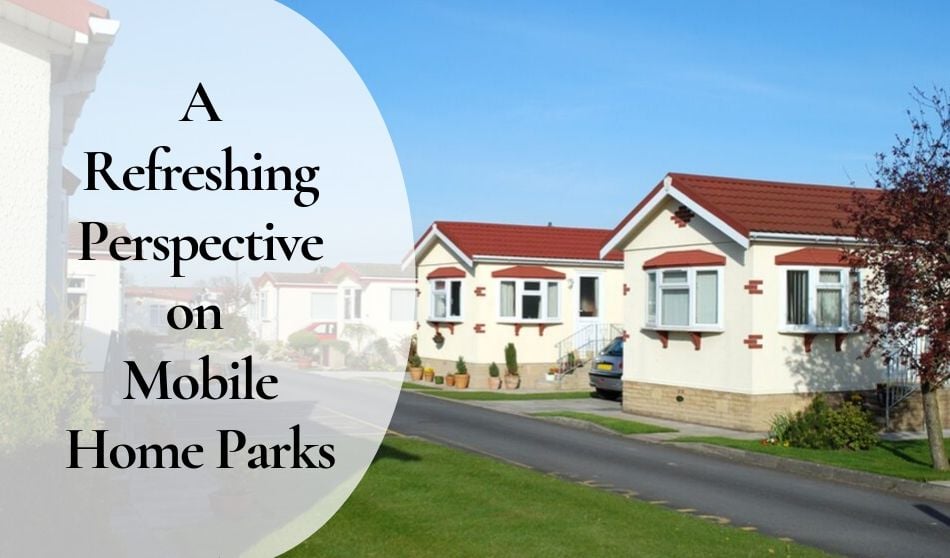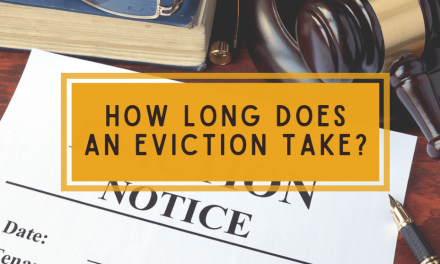
Once considered a symbol of failure, manufactured homes are gaining ground as a viable homeownership option and mobile home parks are sought after communities. This renaissance is replacing the negative stigma and encompasses lifestyle choices and housing affordability. For the unfamiliar, this article offers a refreshing perspective on mobile home park ownership and management.
History of the Mobile Home Industry
From the Romani (or Vardo) wagons as early as the 1500s, to the covered wagons used in the Westward Expansion starting in the late 1700s, to the Gold Rush of the 1800s, living in a movable home is not a new concept.
The Roaring 20’s came with an increase in disposable income and a wander-lust for exploring the country which introduced the trailer coach, a manufactured recreational vehicle (RVs), to the masses. However, those recreational vehicles soon became permanent homes in the 40s to accommodate the Depression Era and WWII veteran housing needs.
As it became clear these temporary units were being used as more permanent dwellings, the industry began expanding the RV catalog to include more home-like features including bathrooms, full-sized appliances, and expanded sizes. This branch of manufacturing in the ’50s and 60’s exposed concerns in quality that were finally addressed by Congress in 1974 passing the Federal Mobile Home Construction and Safety Act (Title 42 U.S.C., Ch 70).
With a boom in manufacturing and given these ‘mobile’ homes were not moving, Congress approved a change in title from ‘mobile home’ to ‘manufactured home’ in the ’80s. The National Manufactured Housing Construction and Safety Standards are issued and enforced by the Housing Development Department (HUD), however, each State is responsible for mobile home park regulations.
After the dot-com crash and then the housing bubble burst of the early 2000s, people clamored for affordable housing and turned to manufactured homes in droves. The current climate does not seem to be driven by necessity but rather by choice. Some of those factors stem from the desire to spend less income on housing to be able to afford choices in lifestyle and leisure. Tiny homes, micro-homes, alternative housing, and even RV living fall into this alternative housing space but certain criteria need to be met for a home to be designated as a mobile home.
Mobile Homes Equal Affordable Housing
Access to Home Ownership
Today it is estimated that a single-family built home will cost an average of around $272,200 compared to a manufactured home average cost of $62,600. This difference in pricing not only allows more disposable income for lifestyle choices but offers a stepping stone to first-time home buyers. For more statistics on affordable housing, housing patterns, vacancies, construction, etc. check out the Census Bureau’s housing data.
Maintaining a mobile home, from landscaping options to exterior lighting and paint, is more affordable and manageable than traditional housing.
Housing Security
As the cost of living increases faster than raises in income, downsizing to a mobile home can provide housing security regardless of the housing market fluctuations, especially for those with a low or fixed income.
Benefits of Mobile Home Park Ownership
High Demand and Low Turnover
Mobile home park living is attractive to baby-boomers, empty nesters, and retirees. The high demand for affordable housing continues as the population ages and as more people opt to spend less income on housing.
The ‘mobile’ home is not very mobile. It has that designation because of the chasse used to deliver the unit. The manufactured home is expensive and difficult to move and it is estimated that eighty percent of homes are still at the location they were first placed. This low turn over rate keeps occupancy high within a community.
Low Maintenance
The individual homeowner is responsible for the care of their lot and home. Park owners are responsible for the infrastructure and maintenance of the roads, common areas, amenities, and any utilities or services provided. This split responsibility in maintenance costs is a plus to park owners vs. say apartment complex ownership.
Potential Financial Rewards
As with any investment, there are risks but mobile home park investing may also provide additional financial benefits that may include:
Depreciation at an accelerated schedule
Higher capitalization rates than multifamily properties.
More immediate cash flow per low vacancy rates
Lower operating expenses than apartments
Multiple Revenue Streams
On the flip side of expenditures are the opportunities for streams of revenue. If your state regulations allow, in addition to charging for lot fees, here are some potential revenue streams to consider:
Laundry facility revenue
Clubhouse rental
Home sales
Home rentals
Pet fees
Appliance rentals
Real estate investment trusts
Niche Markets Available
Once you are interested in park ownership, you may want to consider the different niche markets available. All-age parks and senior parks (also known as 55+) are the most common communities. Special use, special occupancy, mobile home park designations differ per state. Some states allow a percentage of younger owners to live in senior parks under certain conditions. Some states allow for mixed-use designation to allow RV’s and/or tiny homes alongside mobile homeowners.
All-ages or senior living, the types of amenities offered and the condition of the infrastructure of the park are key to keeping costs and vacancies low. From there, consider upgrades to the infrastructure and additions to amenities to create a community and environment of your design.
Again, all investment comes with risk, and mobile home park ownership is no exception. This article addresses the potential benefits but do your research and due diligence regarding all aspects of ownership. If you decided to purchase a manufactured home community, successful ownership will require two important components: phenomenal onsite management and superior property management software.
Unique Property Management Opportunities
The benefits of mobile home park ownership aside, there are many rewards to managing a mobile home park property to discover. If you are considering a career in property management or looking to add to your resume with a new challenge you may want to give mobile home park management a try. There are some unique opportunities to consider.
Transferable Skills
As a manager in a manufactured home community, one will gain perspective into different types of property management.
Most mobile homes are owner-occupied. In addition to dealing with the residents as property owners, they are also tenants of the leased-land. The park may also own some of the homes as rentals or decide to sell the homes.
The skills learned managing a mobile home park can transfer to managing an apartment complex, working in an HOA or property management company, or even as a jump-off point to owning a property management company.
Community Building
Often mobile home park managers live onsite. As a member of the community, building and interacting with that community is often rewarding. On many streets in America, not often will you see neighbors joining in community activities. Yet, mobile home parks are opportunities to bring that back into fashion from BBQs to ice cream socials to community yard sales.
Opportunity to Serve
Mobile home park residents are the most vulnerable population in a disaster. Additionally, many retired and disabled choose manufactured home living for independence versus retirement or convalescent home living. Because of the community atmosphere, a manager has the opportunity to build relationships with the residents and become the point of contact in a disaster or emergency situation.
Other opportunities to serve could include providing assistance with a neighborhood watch program, coordinating safety and other educational seminars, and being a liaison to city, State, and National resource information.
Summary
The negative stigma is slowly fading and climate is changing in regards to mobile homes and living in a mobile home community.
The lower cost to homeownership, continued demand for affordable housing, lower maintenance costs for both park and homeowners, the potential financial rewards of investing, and even the benefits to management are just some of the reasons we need to see mobile home parks in a new light.





